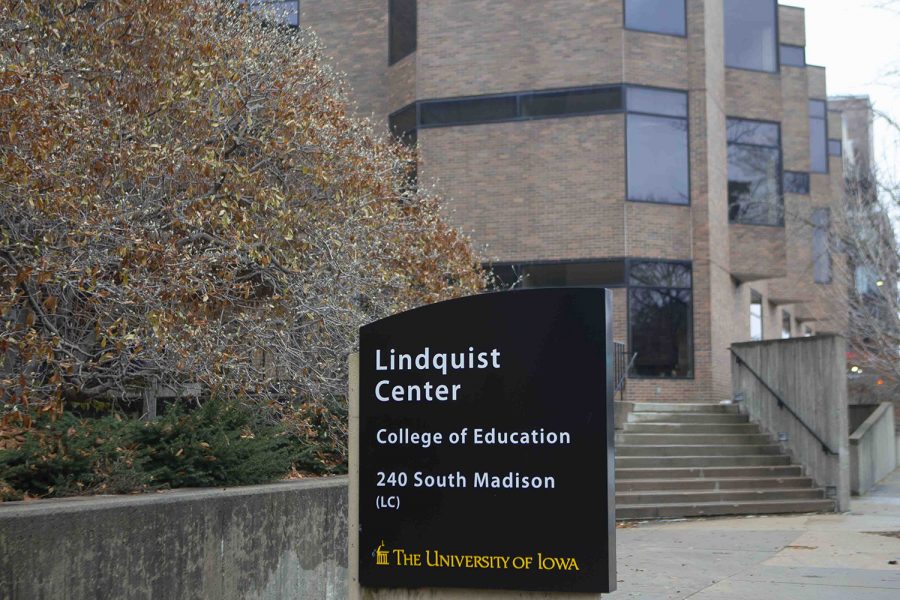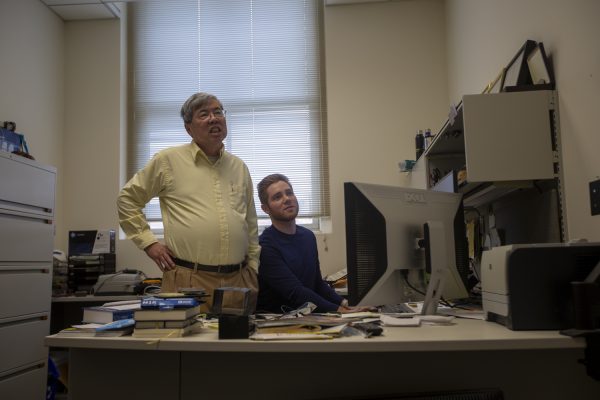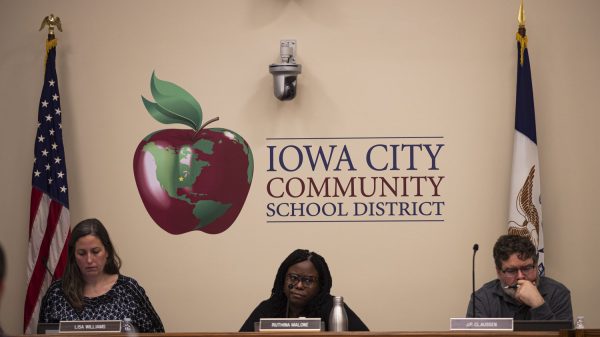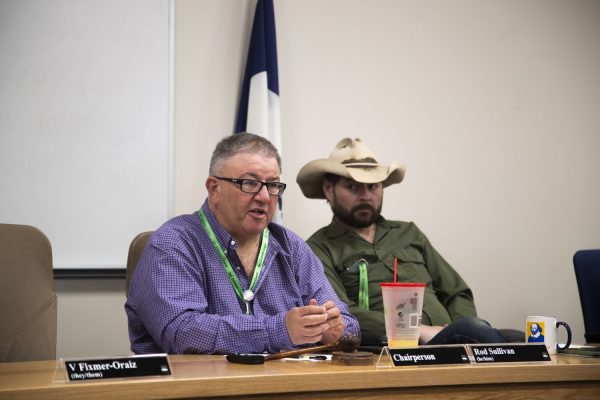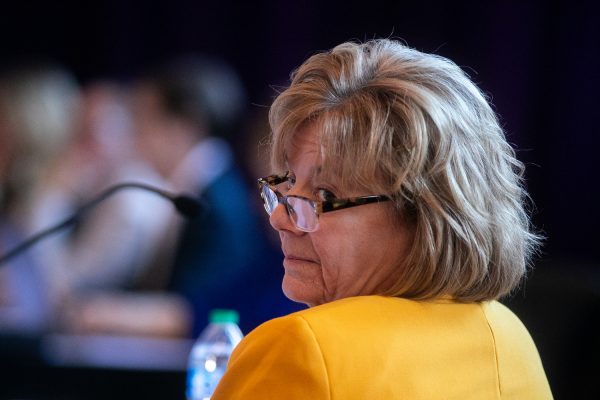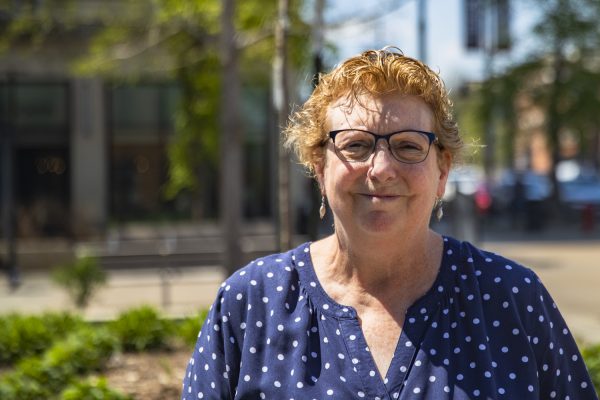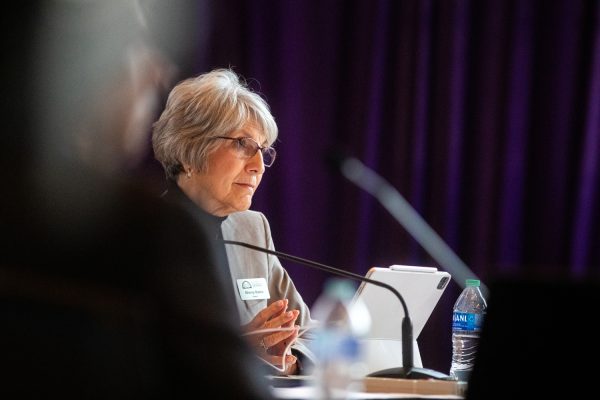Iowa researchers help study literacy skills in juvenile-justice schools
The Iowa Reading Research Center is participating in a study that explores interventions for literacy skills of students in juvenile correction centers.
The Lindquist Center, which houses the Iowa Reading Research Center, is seen on Sunday, November 17, 2019. (Raquele Decker/The Daily Iowan)
November 19, 2019
After years of funding and regulation delays, the University of Iowa and peer institutions are beginning an unmatched efficacy study for a literacy-skills intervention program targeted toward adolescents in juvenile-justice schools.
Deborah Reed, former high-school teacher and director of the Iowa Reading Research Center, said this project aims to establish a body of evidence for how educational interventions can help students in the system who are often far behind their peers academically, Reed said.
“The educational improvement of students while they’re committed is highly predictive of their outcomes upon release and the likelihood that they’ll be incarcerated as adults or not,” Reed said. “That has societal impacts for all of us.”
The intervention program, called Read 180, uses blended learning both online and offline and incorporates personally tailored lessons, Reed said.
“It took us four years to get this project funded. We submitted three times, and one year they canceled the entire competition altogether,” Reed said.
The $3.3 million in funding comes from the Institute of Education Sciences, which is part of the Education Department.
“We have multiple grant programs, and the special-education research grants program is what this particular project is funded under. We fund based on merit, so it depends on peer-reviewers’ scores,” said Katie Taylor, the project’s program officer from the Institute of Educational Sciences.
Although funding will be distributed annually over the project’s four years, the chance researchers will lose funding in the middle of the project is not likely, Taylor said.
“Continuation funding depends on a variety of factors, including whether Congress has appropriated sufficient funds for the program and whether the grantee has made substantial progress toward meeting the project objectives,” Taylor said.
RELATED: UI panel discusses reforming juvenile justice in Iowa
Taylor added that she works with primary investigators based at several universities to help communicate feedback from peer reviewers on applications for grants and monitor the progress of projects toward yearly goals.
“Our component at the University of Florida is ensuring collection of data and implementation of the program,” said University of Florida Education Associate Professor Nicholas Gage, one of several project members at the institution.
The study is led by principal investigator David Houchins of Georgia State University and is the largest ever conducted for reading intervention in juvenile-justice centers, Reed said. Nearly 1,500 students will be involved in the project.
Reed said funding was not the only obstacle the team faced in the process of seeing their project come to fruition.
RELATED: UI joins the Carnegie Project for its Education Doctorate consortium
“It’s a very small pool of us who have consistently stayed involved [researching education in juvenile-justice systems],” Reed said.
Editors and publishers have rejected their past research because they viewed the topic as too niche of a subject matter, she said.
“They found statistically significant improvements,” said Gage regarding literacy skills after the intervention in Houchins’ original work. “Using that evidence [we were] able to get this funded.”
Gage said the need for interventions in education is dire given that these students are likely already behind where they should be in their education, particularly in literacy skills.
“The investment we make in improving the education of these kids while they’re within our care in a [juvenile-justice] facility … we have a duty to provide them the best,” Reed said. “But what we tend to find is they get the worst. They get the least hours of education of any kids their age in school settings.”



